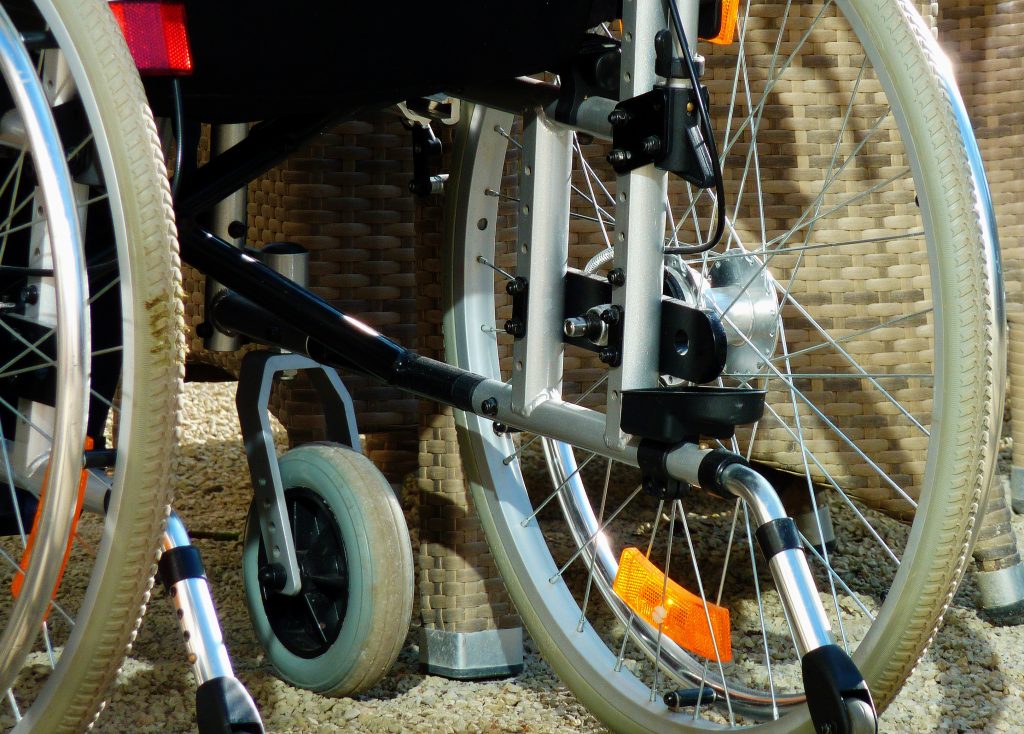 Many of us provide support to elderly folks in our lives through our time and money. We expect the utmost attention and respect when we send a loved one to a care facility. Sometimes accidents happen, whether by negligence or by accident, that result in injury to patients. Regardless of the cause of injury, a lawsuit can help hold medical professionals responsible for the type of care they provide. The difference between a tort and a medical malpractice claim for nursing home injuries is examined in the following case.
Many of us provide support to elderly folks in our lives through our time and money. We expect the utmost attention and respect when we send a loved one to a care facility. Sometimes accidents happen, whether by negligence or by accident, that result in injury to patients. Regardless of the cause of injury, a lawsuit can help hold medical professionals responsible for the type of care they provide. The difference between a tort and a medical malpractice claim for nursing home injuries is examined in the following case.
John Lee was a resident at Woldenberg Village nursing home located in New Orleans. Lee was labeled a fall risk and therefore had a fall-detecting device attached to his wheelchair that would sound if he attempted to stand up. When installed correctly, the device is not accessible to the wheelchair user. A nurse found Lee lying on the ground with the alarm device in his hand. Lee’s hip was injured and required surgery due to the fall.
Lee’s estate filed a tort lawsuit against Woldenberg for damages relating to the fall. Woldenberg filed an exception of prematurity because the claims related to medical malpractice and were therefore required to undergo investigation by a medical review panel before litigation. Lee’s estate appealed the lower court’s findings of prematurity.
 Louisiana Personal Injury Lawyer Blog
Louisiana Personal Injury Lawyer Blog


 When it comes to medical malpractice, time can be both a friend and a foe. Trusting doctors to safeguard the well-being of our loved ones makes the process of bringing a lawsuit challenging and emotionally charged. Yet, within the legal field, there exist specific time frames and procedural intricacies that can make or break a case. Once the clock runs out on a particular timeframe, a lawsuit is deemed barred, leaving individuals without recourse. In the midst of this intricate dance between justice and time, the story of Rita Foster and her family shines a light on the importance of understanding legal procedures and seeking qualified legal representation.
When it comes to medical malpractice, time can be both a friend and a foe. Trusting doctors to safeguard the well-being of our loved ones makes the process of bringing a lawsuit challenging and emotionally charged. Yet, within the legal field, there exist specific time frames and procedural intricacies that can make or break a case. Once the clock runs out on a particular timeframe, a lawsuit is deemed barred, leaving individuals without recourse. In the midst of this intricate dance between justice and time, the story of Rita Foster and her family shines a light on the importance of understanding legal procedures and seeking qualified legal representation. Amid the potential chaos and life-or-death scenarios in a hospital emergency room, “negligent credentialing” might not immediately come to mind. It’s understandable; after all, numerous nightmare scenarios occupy our thoughts. However, negligent credentialing is an incredibly significant matter that hospitals face regularly.
Amid the potential chaos and life-or-death scenarios in a hospital emergency room, “negligent credentialing” might not immediately come to mind. It’s understandable; after all, numerous nightmare scenarios occupy our thoughts. However, negligent credentialing is an incredibly significant matter that hospitals face regularly.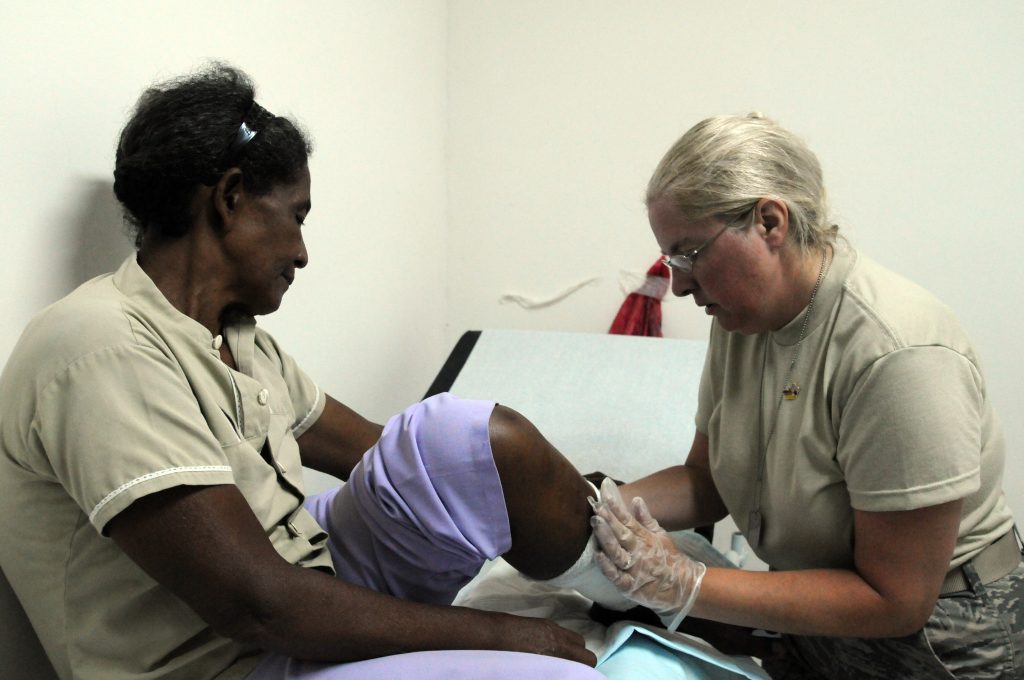 Medical malpractice claims typically involve allegations of negligence during a medical procedure. However, the following case presents a unique scenario where the alleged injury occurred after the procedure was completed. It examines the legal considerations and challenges in such situations, emphasizing the importance of evidence and expert testimony in establishing a breach of the applicable standard of care.
Medical malpractice claims typically involve allegations of negligence during a medical procedure. However, the following case presents a unique scenario where the alleged injury occurred after the procedure was completed. It examines the legal considerations and challenges in such situations, emphasizing the importance of evidence and expert testimony in establishing a breach of the applicable standard of care.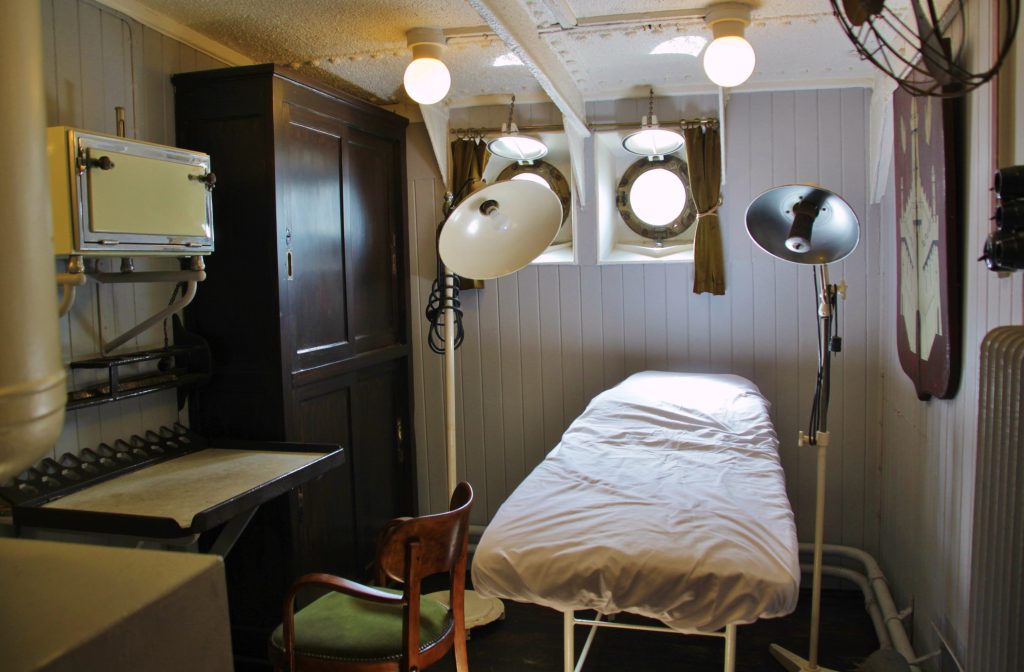 If your doctor makes an obvious mistake in a surgery, you might think you can succeed in a medical malpractice lawsuit against the doctor. However, Louisiana law does not require a doctor to act perfectly. Therefore, if you are considering bringing a medical malpractice lawsuit against a medical professional, you must understand the applicable standard of care you are required to prove they did not satisfy. This case illustrates how the standard of care a doctor is required to follow depends on the existing circumstances.
If your doctor makes an obvious mistake in a surgery, you might think you can succeed in a medical malpractice lawsuit against the doctor. However, Louisiana law does not require a doctor to act perfectly. Therefore, if you are considering bringing a medical malpractice lawsuit against a medical professional, you must understand the applicable standard of care you are required to prove they did not satisfy. This case illustrates how the standard of care a doctor is required to follow depends on the existing circumstances.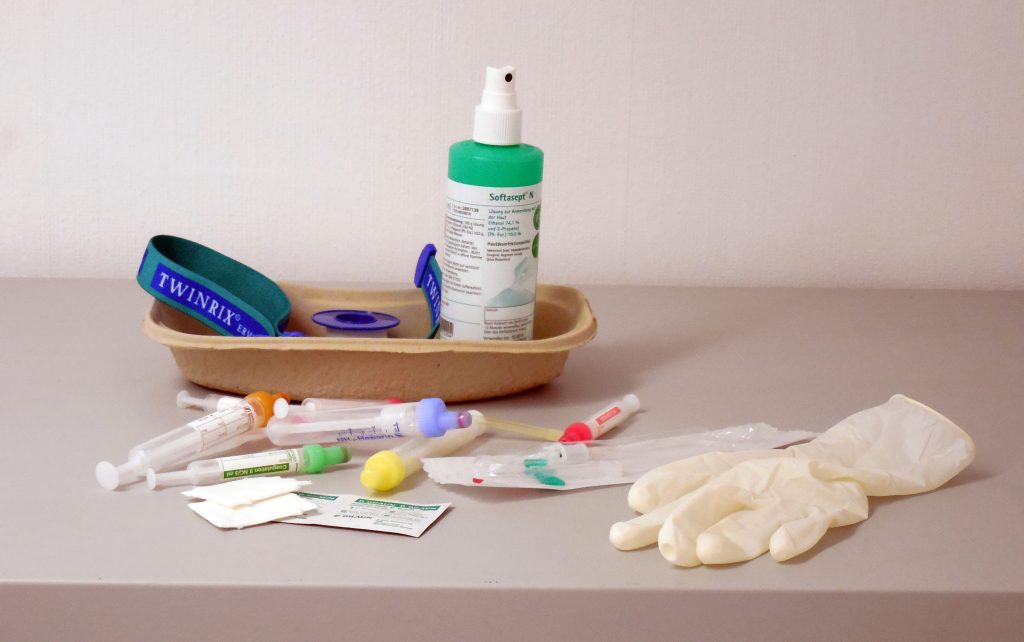 In a medical malpractice lawsuit, there are numerous procedural and evidential requirements with which a plaintiff must comply to support their claim. This case illustrates what can happen if a plaintiff does not comply with these requirements, specifically providing expert testimony supporting the malpractice claim.
In a medical malpractice lawsuit, there are numerous procedural and evidential requirements with which a plaintiff must comply to support their claim. This case illustrates what can happen if a plaintiff does not comply with these requirements, specifically providing expert testimony supporting the malpractice claim. We have all heard advice not to procrastinate. This is especially true if you are considering bringing a lawsuit. If you are considering filing a medical malpractice lawsuit against your doctor, you cannot wait indefinitely because Louisiana law has strict time limits for filing medical malpractice lawsuits. The following case out of Lafayette Parish shows the harsh consequences if you delay filing your case.
We have all heard advice not to procrastinate. This is especially true if you are considering bringing a lawsuit. If you are considering filing a medical malpractice lawsuit against your doctor, you cannot wait indefinitely because Louisiana law has strict time limits for filing medical malpractice lawsuits. The following case out of Lafayette Parish shows the harsh consequences if you delay filing your case. The case of Danell Brice, a home health nurse who was attacked while visiting Timothy Bragg’s apartment, highlights the complex legal issues surrounding the duty of care owed by healthcare professionals in situations involving potential harm to third parties. Brice filed a lawsuit against Dr. Lynn Simon, Braggs’ treating psychiatrist, and Dr. Vasanthi Vinayagam, who provided medical treatment to Braggs. The central dispute revolves around whether the doctors had a duty to warn Brice about Braggs’ changed medication and potential for violence. This article examines the court’s ruling on the motion for summary judgment and the application of relevant statutes in determining the doctors’ liability.
The case of Danell Brice, a home health nurse who was attacked while visiting Timothy Bragg’s apartment, highlights the complex legal issues surrounding the duty of care owed by healthcare professionals in situations involving potential harm to third parties. Brice filed a lawsuit against Dr. Lynn Simon, Braggs’ treating psychiatrist, and Dr. Vasanthi Vinayagam, who provided medical treatment to Braggs. The central dispute revolves around whether the doctors had a duty to warn Brice about Braggs’ changed medication and potential for violence. This article examines the court’s ruling on the motion for summary judgment and the application of relevant statutes in determining the doctors’ liability. When pursuing a medical malpractice claim in Louisiana, adhering to the necessary procedural requirements is crucial for a successful case. Failure to comply with statutory obligations can lead to legal battles centered around procedural technicalities rather than the merits of the claim.
When pursuing a medical malpractice claim in Louisiana, adhering to the necessary procedural requirements is crucial for a successful case. Failure to comply with statutory obligations can lead to legal battles centered around procedural technicalities rather than the merits of the claim.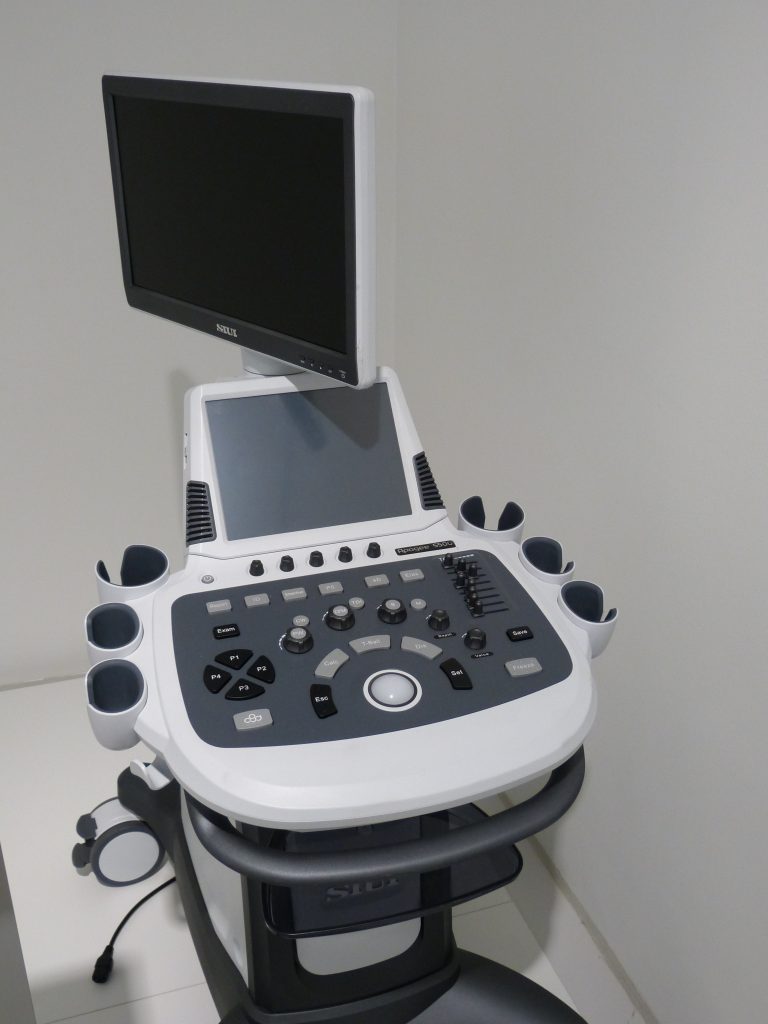 When you go to the doctor, you expect they will help you feel better. However, if your doctor worsens your condition, it is essential to understand the legal requirements for bringing a medical malpractice claim. Otherwise, you find yourself unable to recover.
When you go to the doctor, you expect they will help you feel better. However, if your doctor worsens your condition, it is essential to understand the legal requirements for bringing a medical malpractice claim. Otherwise, you find yourself unable to recover.